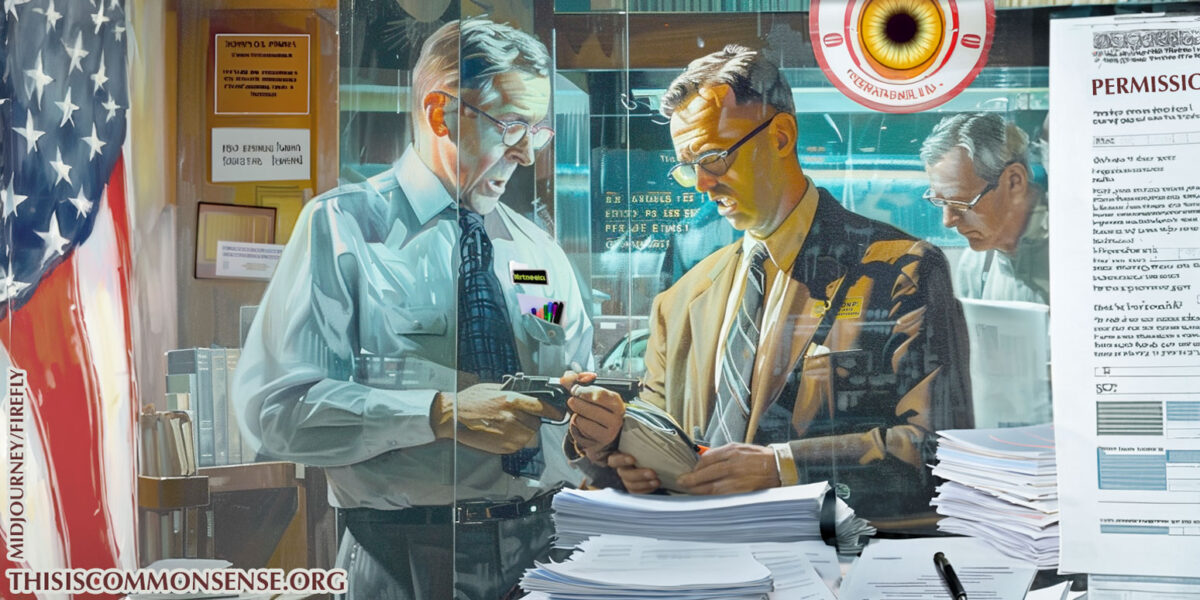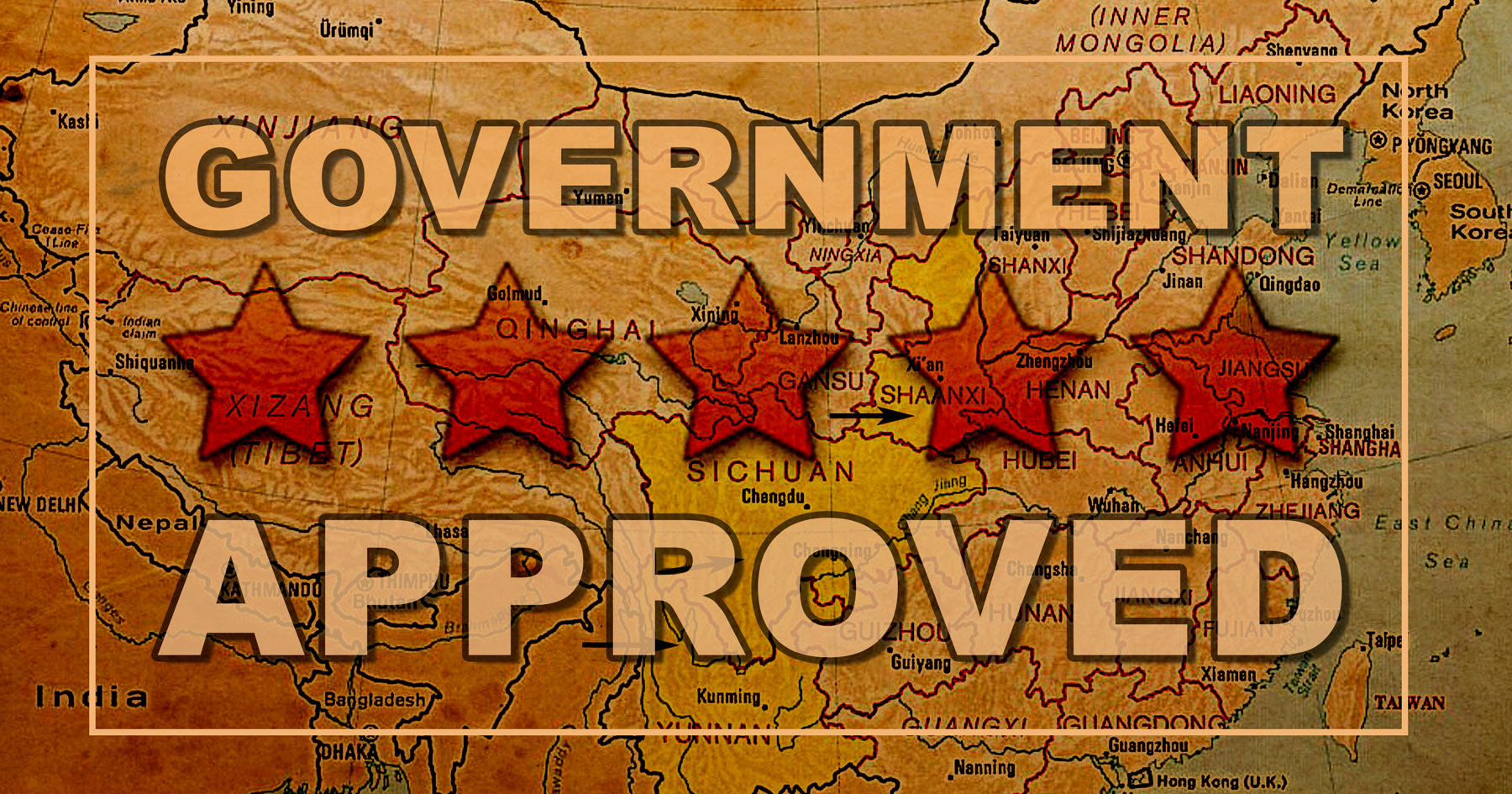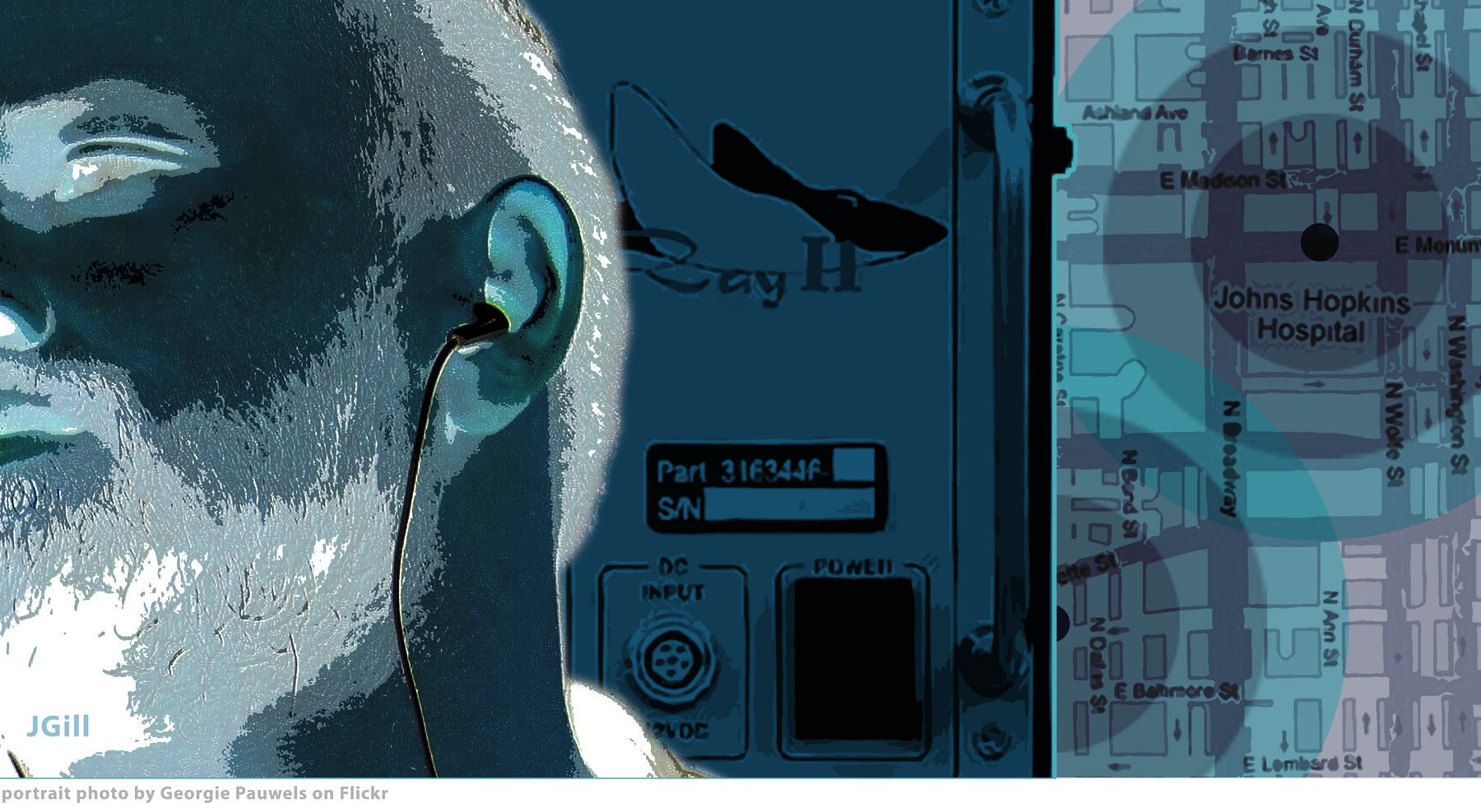If you live in Georgia and have recently bought a gun or are about to, good news!
Governor Kemp has signed the Second Amendment Privacy Act to protect the financial privacy of persons buying guns and ammo. Georgia is the fourteenth state to enact
According to Lawrence Keane, a lawyer with the National Shooting Sports Foundation, this means no more collusion between financial companies and the government to spy on the private finances of
At least not in Georgia.
States must institute these protections because enemies of our right to bear arms have started using financial transactions as way to penalize gun owners. It would be nice if the federal government enacted equivalent protection. But given our present federal regime, the chances of that happening anytime soon are slim.
The main thing the Act does is prohibit financial institutions from requiring that a firearm code be associated with purchases of guns and ammo that you make using a credit card. When banks flag your purchase in this way, it’s easy to target you for sanctions like cancelling your account or maybe adding you, without any good reason, to a government watch list.
The Second Amendment Privacy Act also prohibits using existing firearms codes to discriminate against gun owners. So it protects people whose purchases have already been code-flagged, not just people who buy a gun now.
It’s progress. Thirty-six states
This is Common Sense. I’m Paul Jacob.
Illustration created with Midjourney and Firefly
—
See all recent commentary
(simplified and organized)







